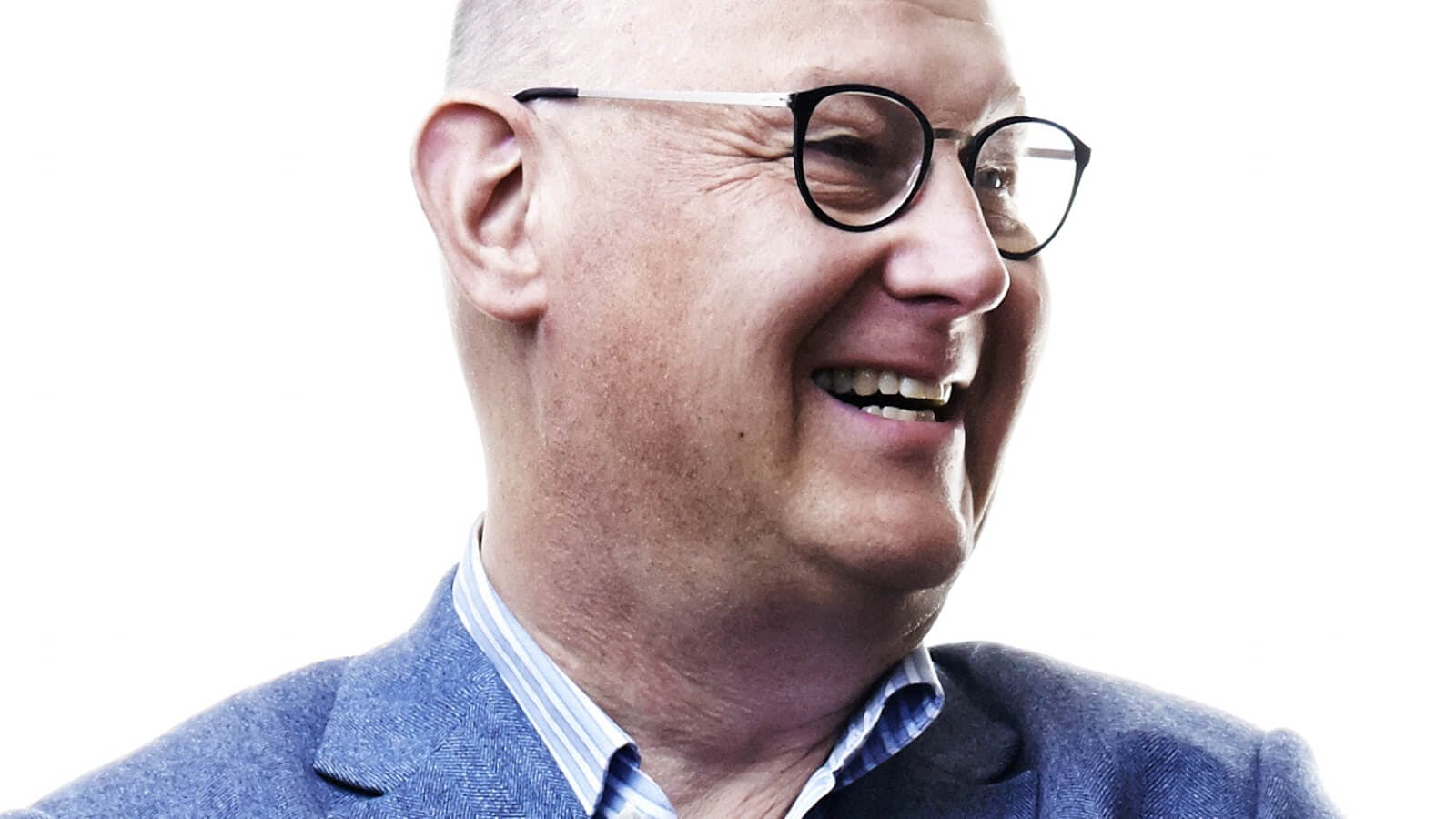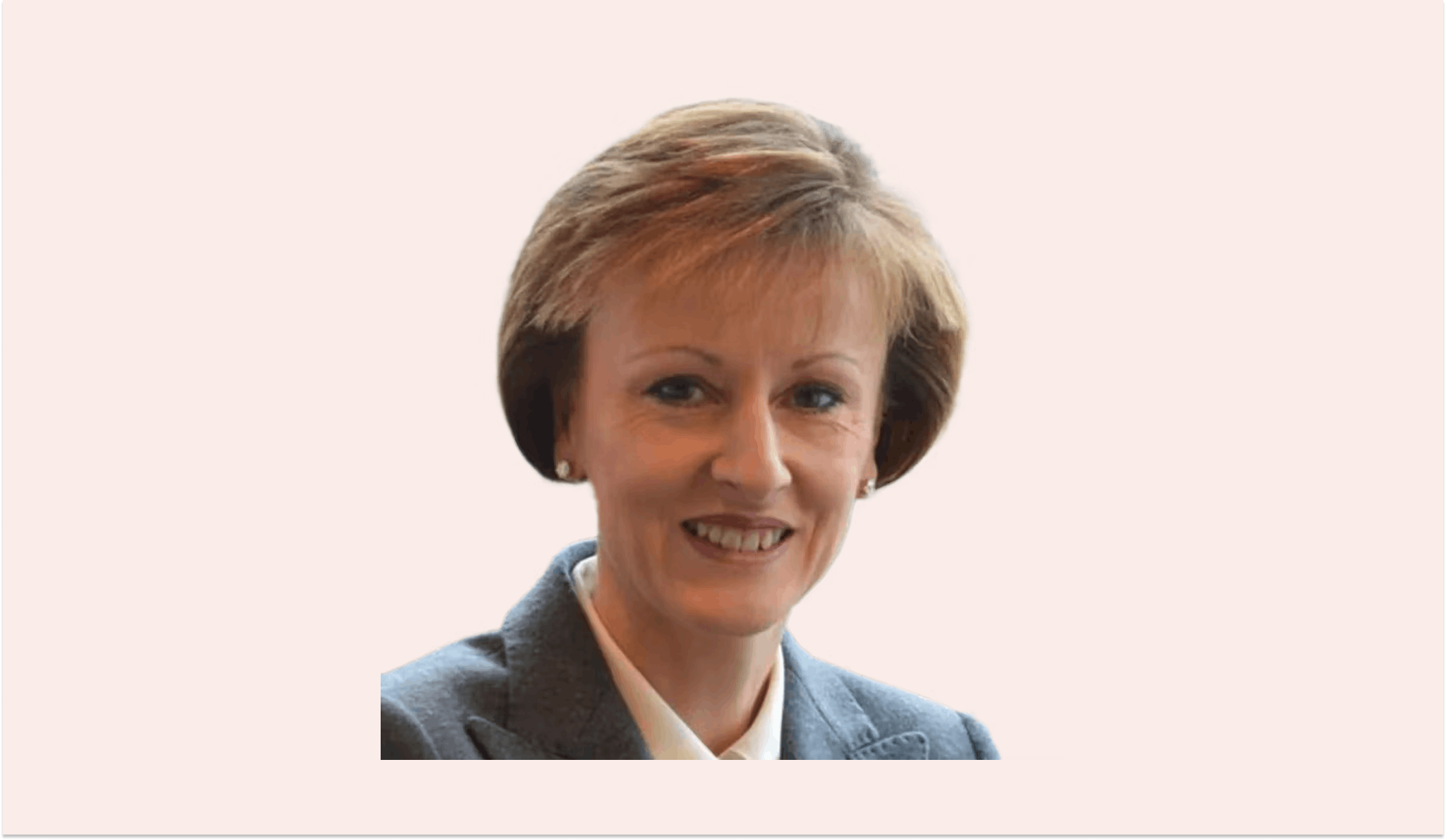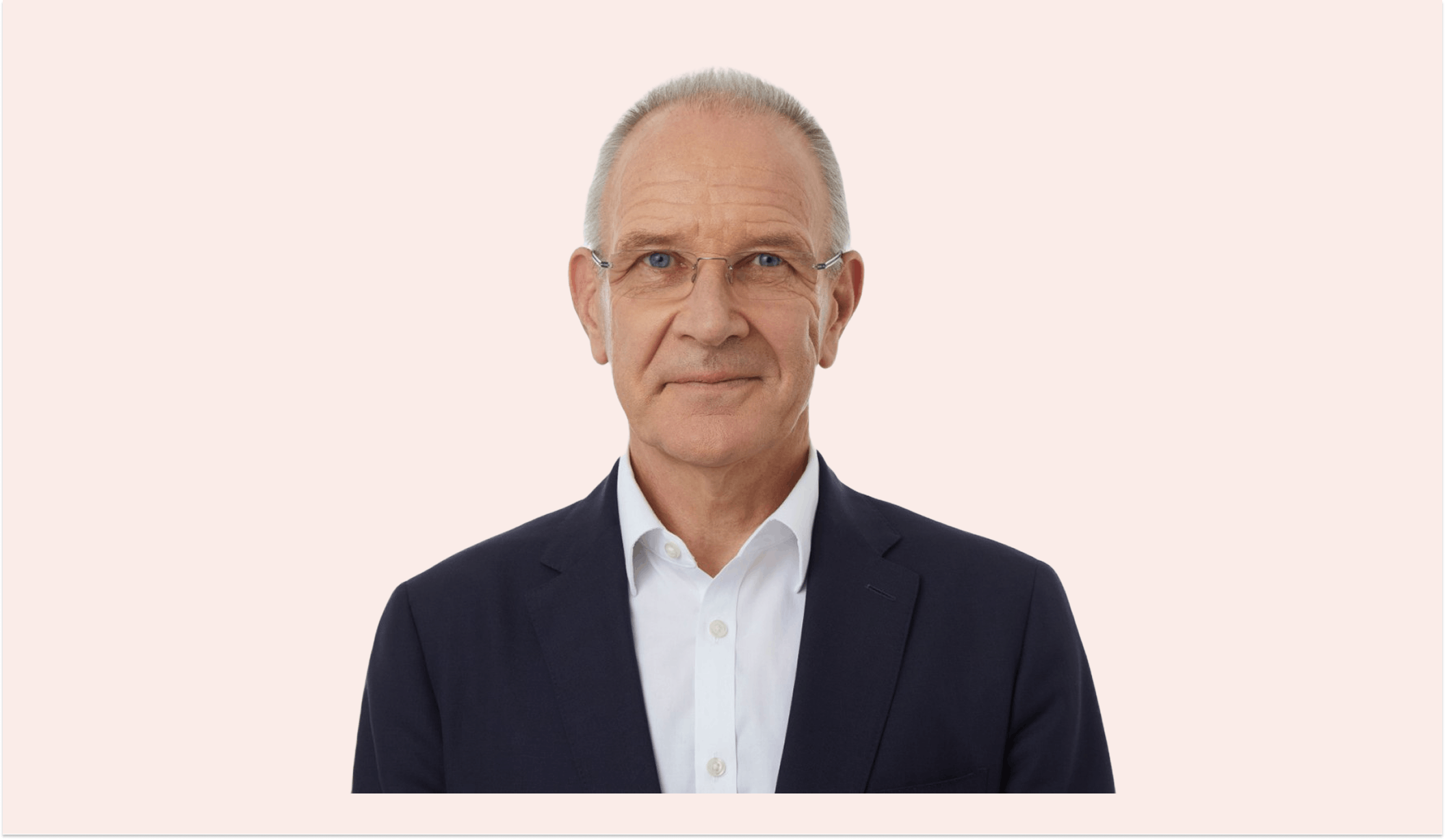
How to chair a successful VC-backed scale-up | VC veteran and Deal Dash Chair Mikko Suonenlahti
Mikko Suonenlahti, recently appointed Chair of ParkBee who has led 14 VC start-ups' investments, shares his insights on adding value to successful VC-backed scale-ups as a Chair.
Mikko Suonenlahti has more than 35 years of start-up experience - including 25 years as a venture capitalist in both the US and Europe, and 10 years working in operations, and has served on 100 different boards. He’s led 14 VC start-ups' investments - notably former chair of a 16-year-old’s penny auction site which we now know as DealDash, and Finland’s IObox Oy, a pre-revenue business which was acquired for €230 million by Telefonica 18 months after funding, at a 20x return multiple. Suonenlahti has also taken two pre-revenue start-ups to eventual Nasdaq IPOs.
Here he discusses how his current role as chair of a string of start-ups, including his recent Nurole-recruited chairship of London and Amsterdam based parking tech firm ParkBee, helps firms to successfully scale-up, fundraise and exit.
You’ve helped over 100 start-ups go through fundraising rounds - as a chair, what’s your secret to securing a successful cash call?
Fundraising starts with the investor presentation - and I’ve heard over 5000 during the last 20 years. I now have ten topics that should be covered - so I walk founders through them to find a storyline. Very often, we run into a problem with strategy: I encourage founders to have a narrow focus to attract capital. When fundraising fails, it’s usually because start-ups are trying to grab a piece of everything there is to be captured globally.
Once the investor presentation is honed, I make introductions between founders and VCs, across my European and US networks.
Some founder/CEOs question the benefits of an independent chair. What are they?
With a VC-backed start-up, it’s about helping the founders to better understand an investors’ agenda, and why certain questions are asked. If a VC comes to a start-up’s board meeting, the next Monday they’ll be reporting back to their own partners’ meeting with their subjective view about whether the value of the investment has gone up, down or stayed the same. So top of their mind, and the question start-ups should be trying to answer, is, where’s this investment going?
My aim as an independent chair is to help the board, founders and management team to knit together as one team; once that one team gets going in the right direction, nothing stops them. A good chair will continuously try to add value to a company - whether it’s through strategy, finance and management team contacts, business ideas - quite often where that value comes from is unpredictable or unstructured.
What are the trends in board recruitment?
In start-ups it tends to be very contact-driven; someone the founder, or an investor, or one of the management team knows. That can be limiting - and it’s why I am impressed with Nurole: it has an incredible network, and some tremendous operational management to recruit. Nurole scales because of their tech platform! That combination isn’t usually found by headhunters.
Right now I’m looking at recruiting a CFO role - ideally I want someone who’s worked with previously VC-backed firms; it’s specific, but Nurole has a range of candidates.
Tell me about how your involvement with DealDash came about - and what value did you bring as chair?
I returned to Finland exactly ten years ago, after Lehman Brothers’ collapse, to spend the summer relaxing in my cottage. Then my neighbour knocked on the door, and said, ‘my son has a start-up [‘penny auction’ site DealDash], he’s dropped out of high school, he’s 16, can you help...?’
So I met William [Wolfram, founder] - and we raised $500,000 in six weeks. Fast forward 10 years, he runs two groups of companies with DealDash and Kamikoto brands, with revenues well in excess of €50 million. With the initial investor presentation, it was about stretching my own mind to the idea that it’s not impossible for a 16 year old to raise venture capital - then convincing everyone else. William subsequently graduated from Harvard’s Owner / President executive education program top of his class and my job was done!
I also bought William together with an investor I knew from the US, [VC] serial entrepreneur David Friend; he was in his late 50s, William was 16, but I knew they were both adamant about the interests of the American consumer. That relationship took off, adding a great deal of strategic value to DealDash.
You’ve served on 75+ VC-backed boards in Europe and the US: what differences do you spot across the continents?
European boards are more driven by corporate governance, and their board meetings are more formal. In the US, a corporate lawyer will race through the formal board business at the end of a meeting and an AGM won’t happen physically - it’s just papers circulated by lawyers.
In Europe there are formal AGMs, with auditors, and managing directors all reporting. It means at least once a year the major shareholders and founders get together to talk about what they’ve done in the last year. That’s a really good opportunity to catch up with shareholders.
How can a chair help a start-up with growth-hacking?
Scaling up usually starts with digital marketing efforts - I give best-practice examples I’ve learnt from my other roles. At DealDash, for example, William taught me about the benefits of A/B testing in marketing, when you quickly develop something and immediately see how it plays out in the real world, like two versions of a homepage. If it works, you develop it further, if not, dump it. A lot of companies think of their landing pages as rigid; actually they can change daily. It’s trial and error - but with experience of others’ errors, there’s faster success.
You helped start-ups achieve two, 20x returns, and two NASDAQ IPOs - how can a chair help bring about a successful exit?
With great knowledge of cyclicality. I’ve gone through three VC cycles - and my hunch is that we’re at the top, or approaching the top, of the present one. So I’m telling all my companies right now: fill your tanks, valuations are still high, there’s a lot of capital out there, at some point the money will go - so make use of it now and if required, be prepared to take the business model to cash neutrality.
There’s a different set of rules of the game in a downturn. Sure, good companies always get funded, but it’s the terms, the valuations - you need to get in at the right time.
I also help firms to focus on small, rapidly-growing markets, so you can chase a niche and then become a global market leader, rather than attacking a $10 billion market and trying to get 1%.
Quick Fire Qs:
Favourite book?
The Rolling Stones’ Keith Richards’ - Life. I tell all my founders to read it: it’s about building management teams to stick together for 50 years plus.
Favourite quote?
I have two… but they’re linked: Dilution is your friend… and you need money to make money.
Favourite holiday?
Midsummer in Finland, the sun is up 24/7...
What do you do to have fun?
Long walks with the dog in the forest, and swimming with sharks.
Favourite app?
LinkedIn and Evernote.
When does your alarm go off and how many hours of sleep do you have on average?
I wake at 6.30am, I’m in bed by 10.
When did you last cry?
Last weekend, watching women’s biathlon [cross-country skiing and shooting] in Austria - it was thrilling and emotional.
Lucy Tobin is a senior City journalist and columnist at the Evening Standard. She tweets @lucytobin.






